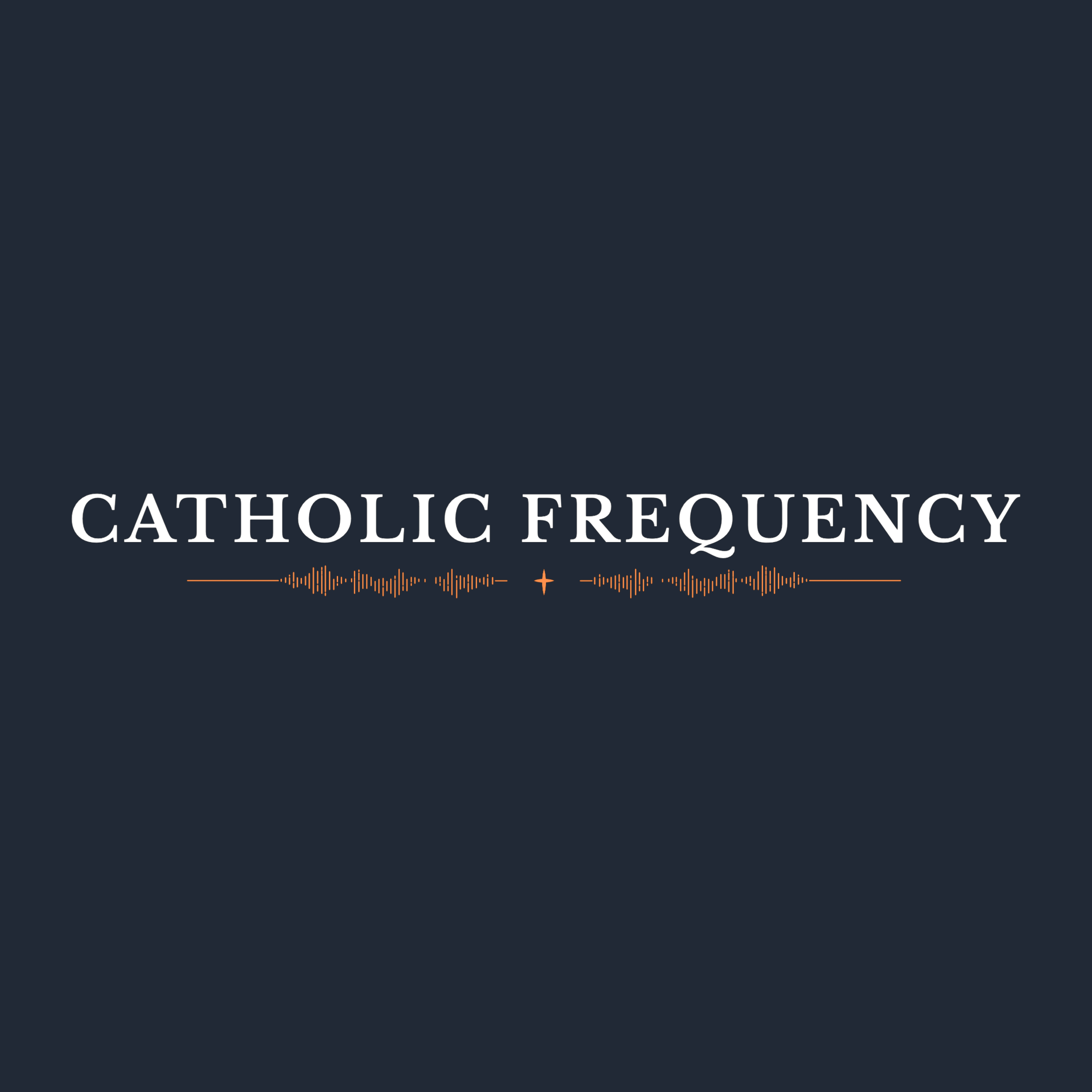The Permanent Diaconate
Welcome to Episode 21 of the Catholic Frequency Podcast! In this episode, we dive deep into the world of the permanent diaconate with two inspiring guests: Deacon Richard from the Archdiocese of Toronto and Deacon Jim from the Diocese of Allentown, Pennsylvania. Together, my co-host Jan and I explore the origins, responsibilities, and spiritual journey of becoming a permanent deacon.
Notes
- Sacramental Authority: Deacons are authorized to perform baptisms, weddings, and funerals, but their primary role is as heralds of the Gospel.
- Deacon Richard’s Journey: How his grandmother’s devotion to the Sacred Heart of Jesus and the rosary influenced his faith.
- The Role of Family: The importance of family support, especially from spouses, in the diaconate journey.
- Deacon Jim’s Story: His conversion to Catholicism at age 12 and his career serving the Church in various roles.
- Formation Process: The rigorous 6-year formation process, including academic studies and spiritual preparation.
- Balancing Family and Ministry: How deacons manage their duties while prioritizing their roles as husbands and fathers.
- Daily Responsibilities: Deacons are required to pray the Liturgy of the Hours and serve in various parish roles, such as baptisms, Bible studies, and benediction.
- Baptizing Babies: The joy and spiritual significance of baptizing infants and guiding young families.
- Serving the Sick: Deacons and their spouses often bring Communion to the homebound and sick.
- Liturgical Roles: Deacons assist at Mass, read the Gospel, and prepare the altar.
- Distinctive Vestments: How to identify a deacon by their stole and dalmatic.
- Transitional vs. Permanent Deacons: The difference between transitional deacons (on the path to priesthood) and permanent deacons.
- Community Building: The importance of fraternity among deacons and their families.
- Deacon Richard’s Memorable Moment: Proclaiming the Gospel at Fatima and the profound spiritual experience it brought.
- Deacon Jim’s Most Moving Experience: The story of his classmate Vaughn, who was ordained a deacon just weeks before passing away.
- The Role of Prayer: How prayer, especially the Liturgy of the Hours, is central to a deacon’s life.
- Support from Spouses: The critical role of wives in supporting their husbands’ vocations.
- Online Ministry: How deacons are using platforms like X (formerly Twitter) to build faith communities and share the Gospel.
- Blessings and Sacramentals: The variety of blessings deacons can offer, from homes to tools and even animals.
- The Joy of Service: How deacons find fulfillment in serving their parishes and making a difference in people’s lives.
- The Longest Journey: Cardinal Collins’ insight that the longest journey a Christian makes is from the head to the heart.
- The Importance of Humility: Recognizing that the diaconate is not about personal glory but about serving Christ and His Church.
